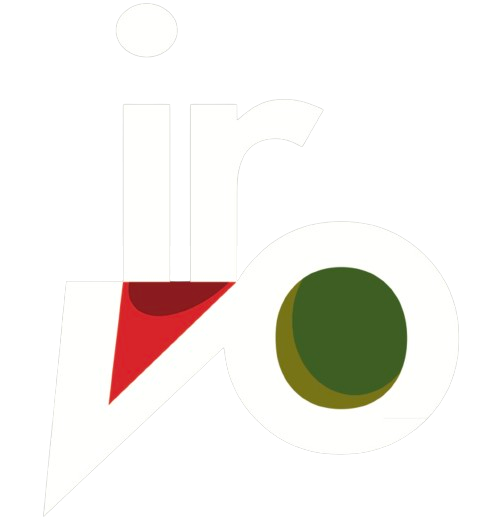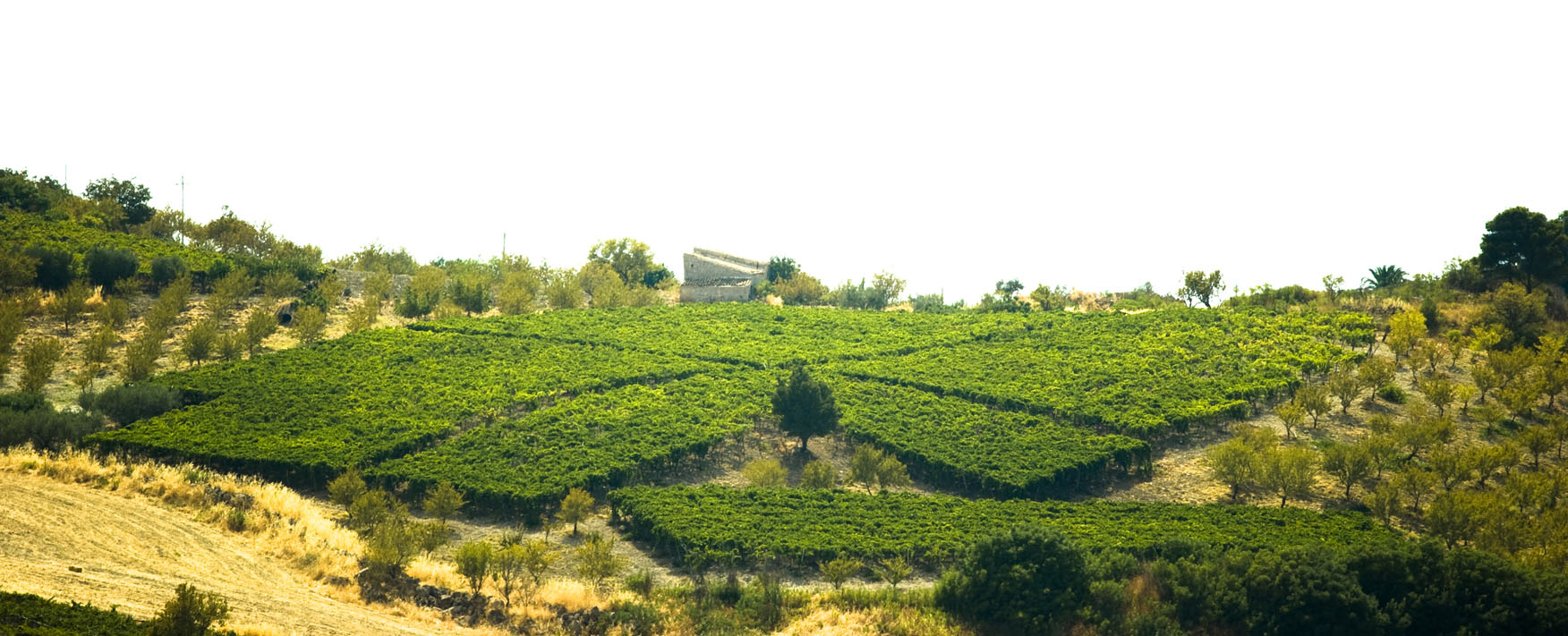20 November 2014
ViEnergy, the first results
Training and information seminars on the issues of the cross-border project ViEnergy – Vigna Energetica, financed with the Italy-Malta 2007 – 2013 Operational Plan in support of joint interventions for the prevention of natural and anthropogenic risks.
During the seminars - in which sector operators, students and producers participated - through the direct voice of the representatives of the project partners, the first results relating to some segments of the energy themes of the ViEnergy - Vigna Energetica project were presented, which focus on to obtain the production efficiency of the vineyard according to eco-compatibility criteria. The works saw the participation of sector experts with whom some aspects related to the search for new forms of alternative energy were explored in depth with an approach that focuses on sustainability and innovation of the supply chain.
Specifically, an interesting moment was the one dedicated to the results of the e-diesel experimentation in the municipality of Marsala, presented by Paolo Errante Parrino. From 20 to 23 October, tests were carried out to evaluate the reduction of fine dust emissions through the use of an E-Diesel fuel, a mixture of diesel and ethanol (obtained from winemaking waste) stabilized with an additive of agricultural. The experimentation was conducted on a pre-established route on a bus equipped with a EURO II engine. From the data collected by the VELA Laboratory of the Joint Research Center of Ispra (Va), it emerged that the mixture had a positive effect on the reduction of pollutants emitted. The test will be repeated in Malta next December with a different engine and with a greater number of kilometers in order to collect further data.
Vincenzo D'Alberti, of Alternative Bioenergy of Marsala, illustrated how through GIS methodologies it is possible to estimate the potential for exploitation of residual biomass in the wine sector. An in-depth analysis of his speech concerned gasification and the organic Rankine cycle.
The speech by Mario Pagliaro - coordinator of the Solar Sicily pole of the CNR - aroused particular interest, as he focused on the energy possibilities offered by the new photovoltaic system which, in his opinion, has solved the problems linked to the disposal of solar panels and those linked to the cost-effectiveness of the investment.
Among the actions concluded as part of the ViEnergy - Energy Vineyard project is that relating to the treatment of wine waste water with an innovative system. The results of the pilot project, carried out in the Marabino winery in Syracuse, were presented by Marco Milani of the Center for Studies in Economics applied to engineering at the University of Catania, who illustrated how phytopurification can constitute a valid and innovative response for the management of waste water from winemaking and its reuse in agriculture.
Matteo Pavan, researcher at Microlife Italia, spoke about the microalgae produced using the CO2 captured during the fermentation of the must as the main carbon source for their growth. Capturing this gas helps reduce its release into the atmosphere and can therefore help reduce the presence of greenhouse gases in the atmosphere. At the end of the work, the group of participants moved to the Colomba Bianca winery in Mazara del Vallo where a visit took place to the CO2 capture plant for the production of algae through a photobioreactor, installed as part of the ViEnergy project .
Ultime notizie
News 15 April 2024
List of technological solutions adopted by SAs for the automation of their activities
At present, IRVO has not envisaged automation of activities; the P purchasing portal is used to manage the life cycle of contracts.


